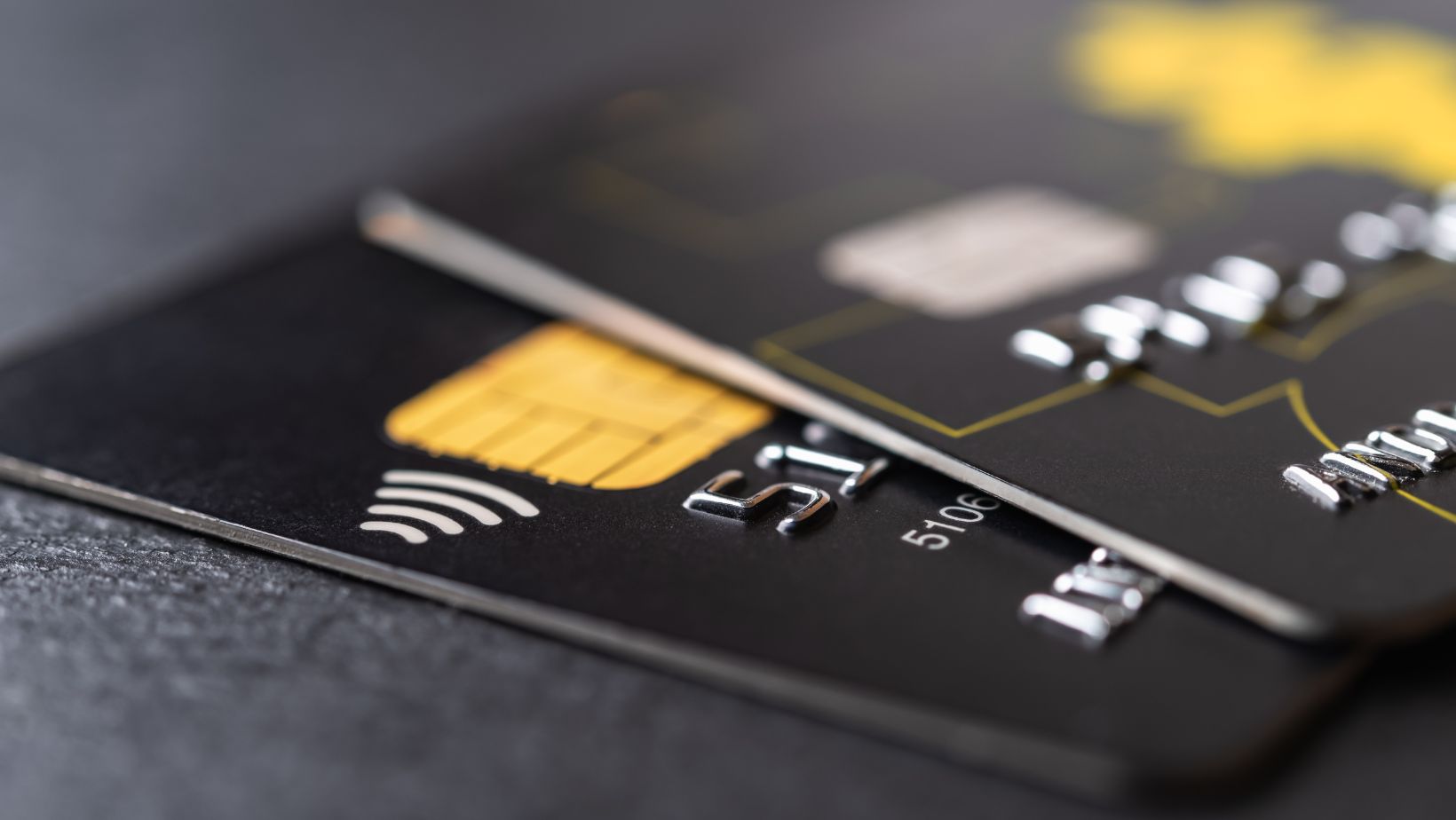
Financial literacy is a crucial life skill, and instilling it in children from a young age can set them on the path to a secure financial future. One innovative way to introduce financial responsibility to kids is by using specially designed kids’ debit cards. In this article, we’ll explore the significance of early financial education and how kids’ debit cards can be a valuable tool for teaching money skills.
The Importance of Early Financial Education
Starting early with financial education is key to ensuring that children develop a strong foundation for managing money. Early exposure to financial concepts such as budgeting, saving, and making informed financial decisions can significantly impact a child’s future financial well-being. By introducing these concepts at a young age, parents can help their children avoid common financial pitfalls and cultivate healthy financial habits.
Introducing Kids’ Debit Cards
Kids’ debit cards are tailored to meet the unique needs of children and teenagers. These cards are linked to a parent’s account, allowing parents to have control and oversight of their child’s spending while simultaneously providing children with hands-on experience in managing money. Here’s how they work:
- Parental Control: Parents can set spending limits and monitor transactions made with the kids’ debit cards. This control creates a safe and controlled environment for children to learn about money without the risk of overspending.
Getting Started with Kids’ Debit Cards
To start using kids’ debit cards effectively, parents should follow these steps:

- Choosing the Right Debit Card: Select a kids’ debit card that aligns with your child’s age and financial needs. Look for cards with no monthly fees and a user-friendly mobile app for monitoring transactions. Something like the Busy kid – kid debit card would work great as a start!
- Setting Up the Account: Follow the card provider’s instructions to set up the account. This typically involves linking the debit card to your bank account and establishing spending limits.
Teaching Financial Basics
Once the kids’ debit card is set up, parents can use it as a tool to teach essential financial concepts:
- Budgeting: Teach your child how to create a budget by allocating funds for spending, saving, and charitable giving. Use the debit card to track expenses and reinforce the importance of staying within the budget.
- Saving: Encourage your child to save a portion of their allowance or earnings. The debit card can be used to deposit money into a savings account, fostering the habit of saving for future goals.
- Making Informed Choices: Guide your child in making wise spending decisions. Teach them to compare prices, read feedbacks, and prioritize needs over wants when making purchases, instilling valuable decision-making skills.
Advanced Money Management
As your child matures, you can introduce more advanced financial concepts:
- Interest: Explain the concept of interest and how it can work for or against them in financial transactions. Some kids’ debit cards offer interest on savings, providing an opportunity to learn about compound interest.
- Investing: When your child is ready, introduce them to the basics of investing, including stocks, bonds, and long-term financial goals. This can set the stage for them to become informed investors in the future.
Monitoring and Supervision
While the goal is to foster independence, it’s essential to maintain a level of supervision:

- Regularly Review Transactions: Periodically review your child’s transactions together. This allows you to discuss any unusual spending patterns and opportunities for improvement.
- Encourage Independence: As your child grows and demonstrates responsible financial behavior, gradually give them more control over their kids’ debit cards while still offering guidance and support when needed.
Conclusion
Teaching financial responsibility through kids’ debit cards is a practical and effective approach to preparing your child for a financially savvy future. Starting early, selecting the right debit card, and providing guidance on basic financial concepts can lay the groundwork for a lifetime of responsible money management.
Financial literacy is an essential life skill, and introducing it to children through kids’ debit cards can make the learning process both engaging and practical. By following these steps and providing consistent guidance, parents can empower their children with the knowledge and skills they need to navigate the complex world of finance with confidence.
In a world where financial decisions are an integral part of daily life, it’s never too early to start teaching your child the value of money and the importance of responsible financial management.


















